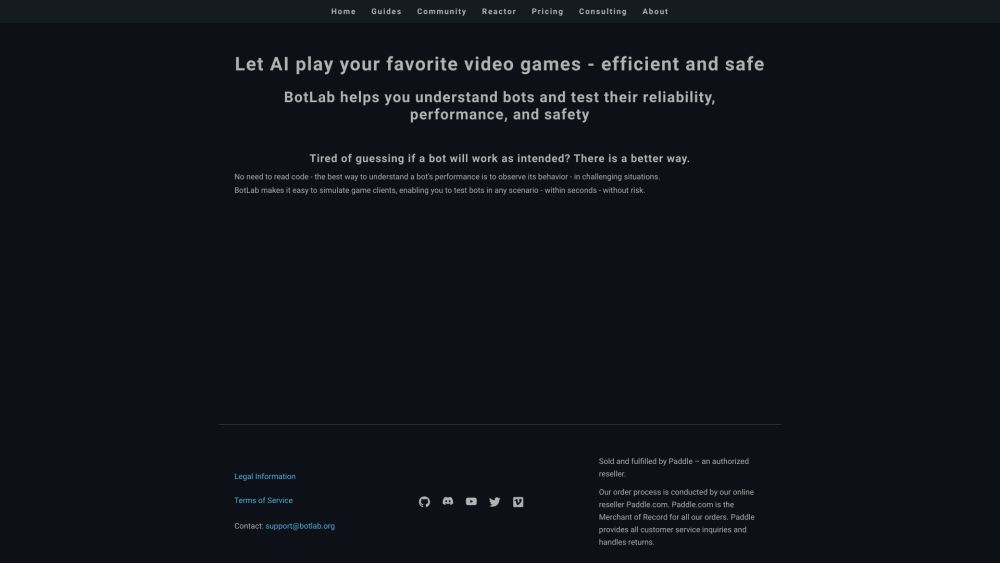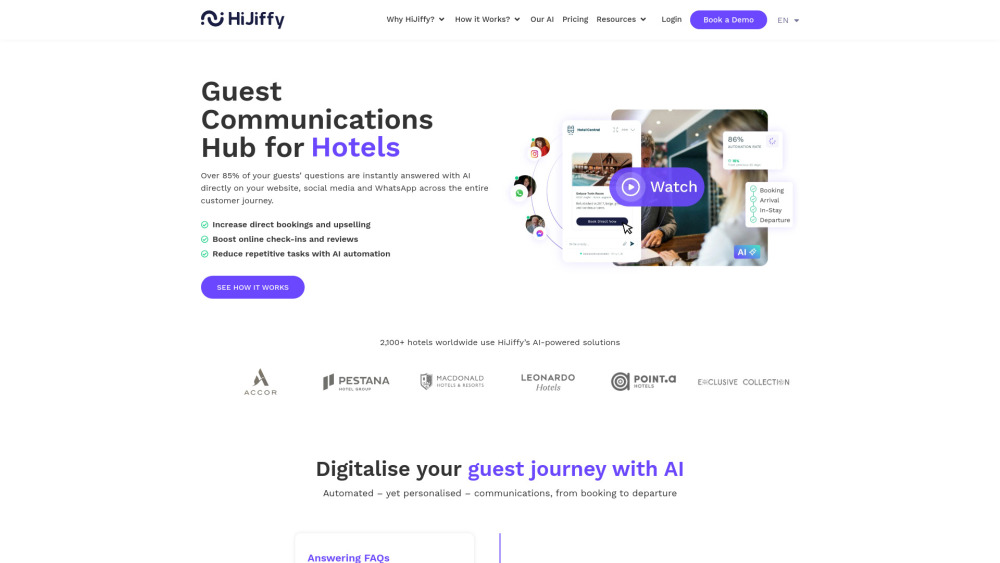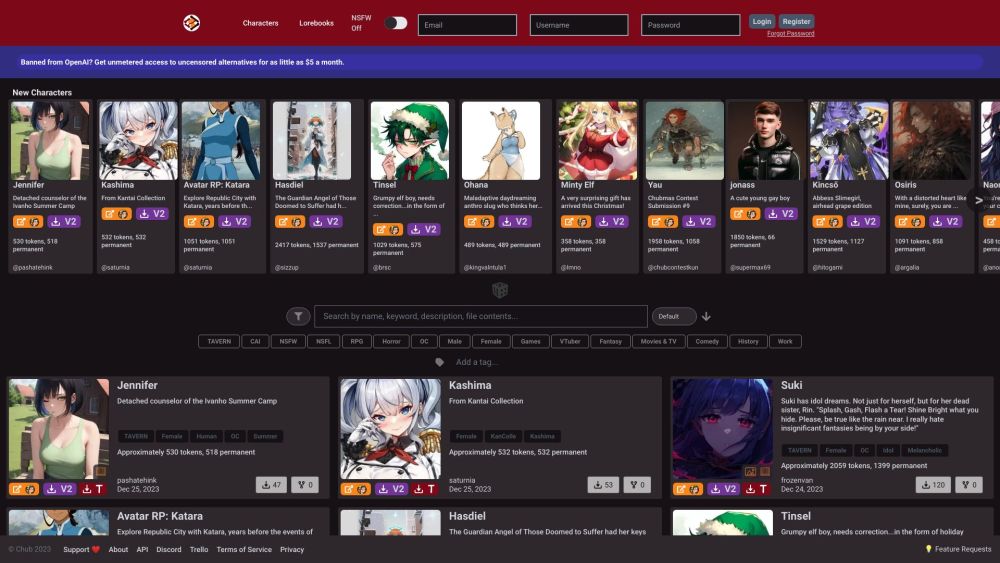The future of Google Assistant has been uncertain for over a year. Once a flagship tool for Google’s mobile and smart home strategies, it was instrumental in establishing a vast ecosystem. Just five years ago, Google was distributing Home Mini speakers to expand its reach.
However, on Tuesday, ahead of the upcoming Made by Google 2024 event, the company confirmed that Assistant will remain, at least within the Home/Nest ecosystem.
The pandemic initially boosted both Assistant and Alexa as people spent more time at home. Yet, in more recent times, both tech giants seem to have slowed their momentum. Contrary to the narrative that the smart home is declining—despite many American households owning smart devices—the reality is that the vision of a fully connected home hasn’t been realized. A quick look around reveals numerous doorbell cameras, highlighting the existence of smart technology.
Several factors contribute to the slow adoption of fully automated smart homes. Smart devices are often pricier than their traditional counterparts, and the market has been fragmented, with manufacturers promoting their own apps and ecosystems. This can lead to frustrating experiences, driving away consumers who initially joined in excitement.
Moreover, the AI assistants competing in this landscape have faced challenges too. Samsung’s Bixby and Microsoft’s Cortana have been discontinued, and even Apple’s Siri has garnered less attention. The rise of generative AI platforms like ChatGPT has made earlier generations of smart assistants seem outdated.
Earlier this year, Google allowed beta users to set its new AI platform, Gemini, as the default assistant on Pixel devices. While Gemini showed potential, it clearly wasn’t ready to replace Assistant just yet, though the future seemed uncertain for the latter.
With new Pixel devices on the horizon, Assistant's long-term role on Android remains in question. For now, Assistant retains its place on the home screen. Alongside the launch of a new Learning Thermostat and a streaming device, Google confirmed that Assistant is here to stay in its Home ecosystem, supported by Gemini models.
The specific role of Gemini in enhancing Assistant is still unclear, but its strength in natural language processing could revolutionize user interactions. Traditional assistants like Assistant and Alexa have struggled with conversational exchanges, often limited to single queries. Generative AI shines in this domain.
Google states, “You won’t have to phrase your question in a specific way — ask it in the way that feels most comfortable to you.” For example, you could ask, “Is Pluto a planet?” and then probe further with, “Could they change their minds again?” If you’re trying to recall a song, just ask, “What’s that iconic basketball theme song?” Plus, Assistant can leverage Gemini’s generative capabilities, assisting with family discussions like, “Help me argue that Crocs are extremely cool — and mention sport mode.”
These enhancements will be available later this year for Nest Aware subscribers during a public preview. Other clear advantages of Gemini include summarizing information—central to Google’s efforts to integrate generative AI into its search functionalities. Whether Google continues with the Assistant branding or transitions to Gemini is ultimately a branding choice. Following Apple’s recent AI enhancements to Siri, Google appears ready to follow suit, at least in the smart home domain.





